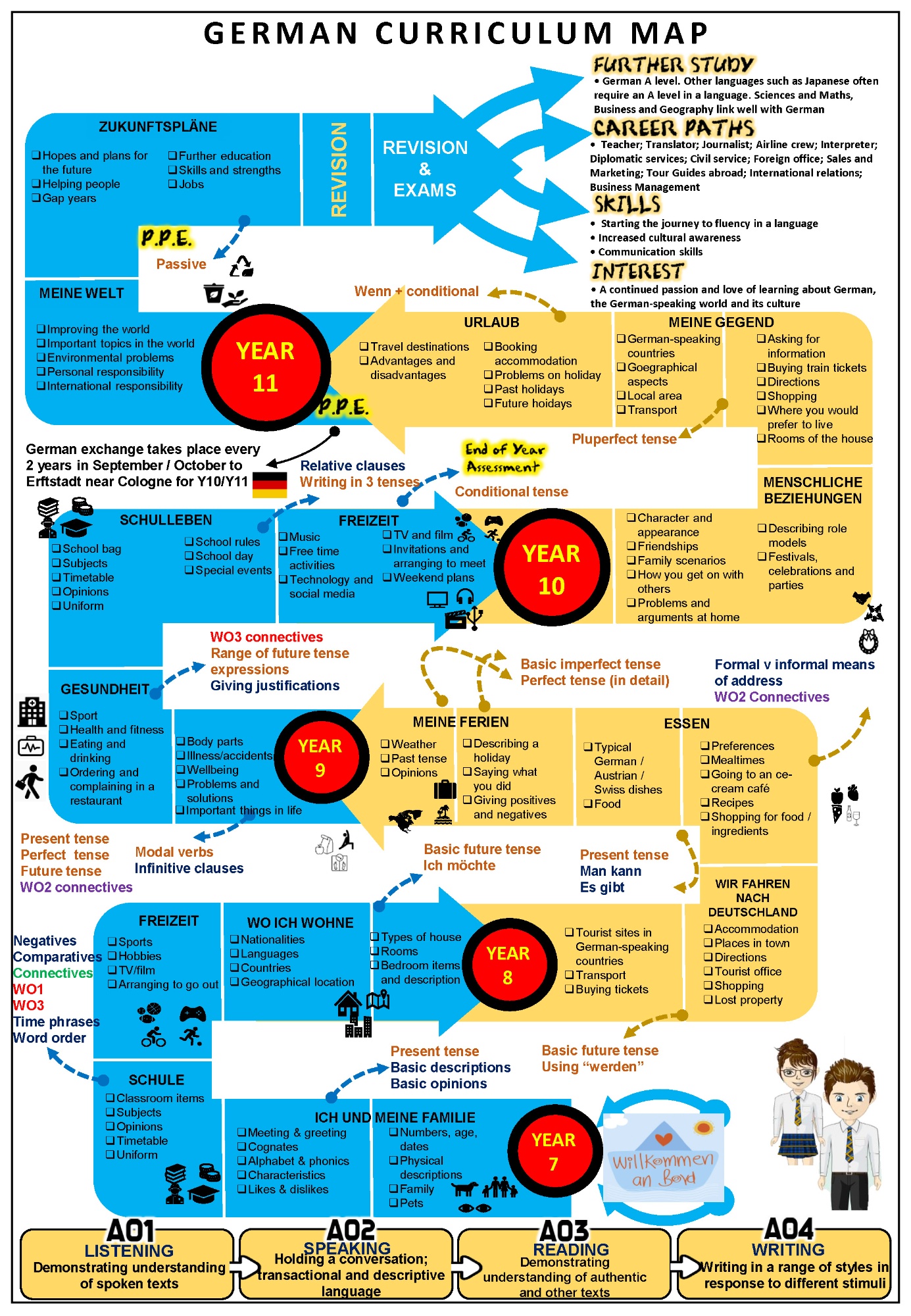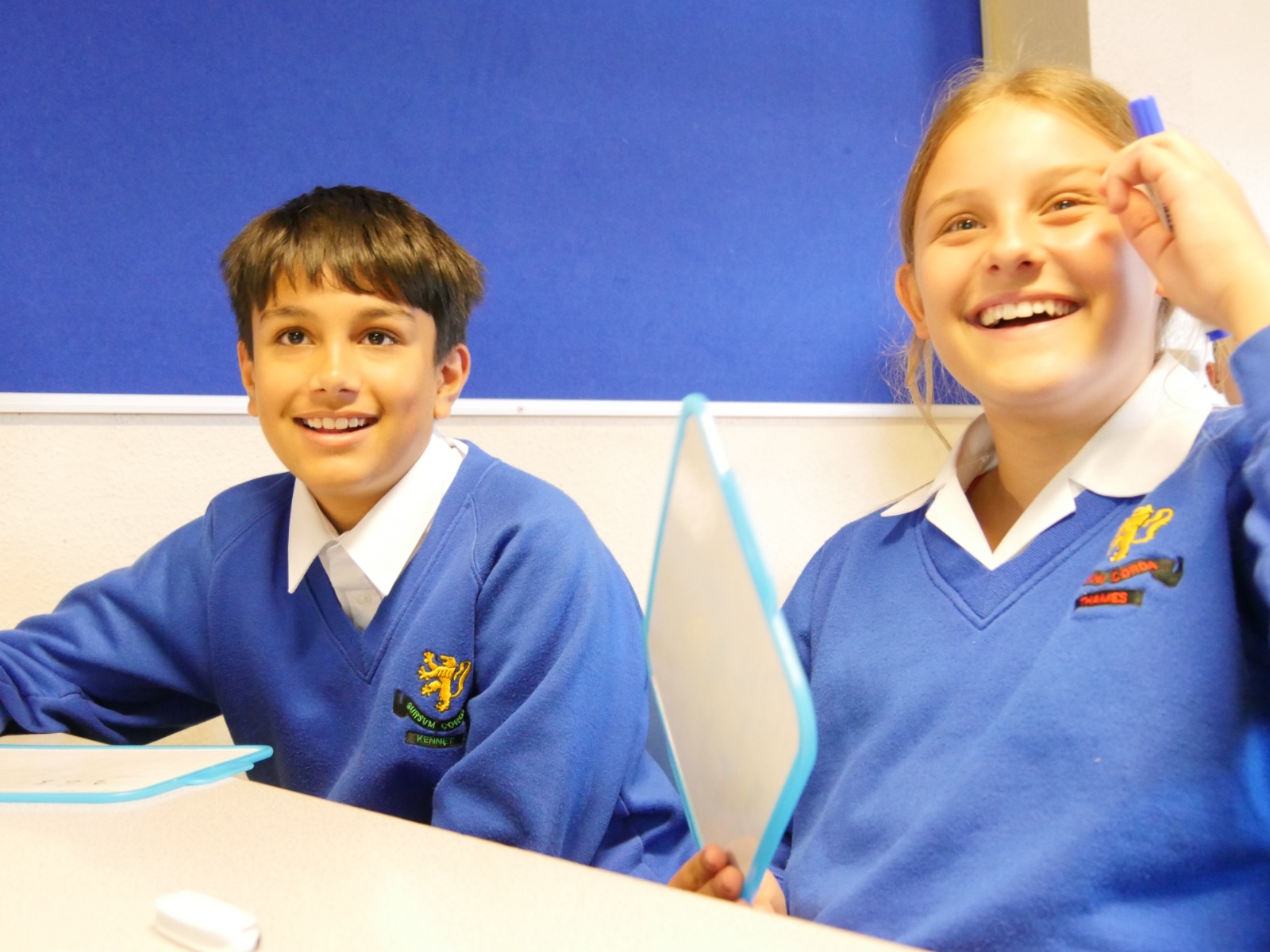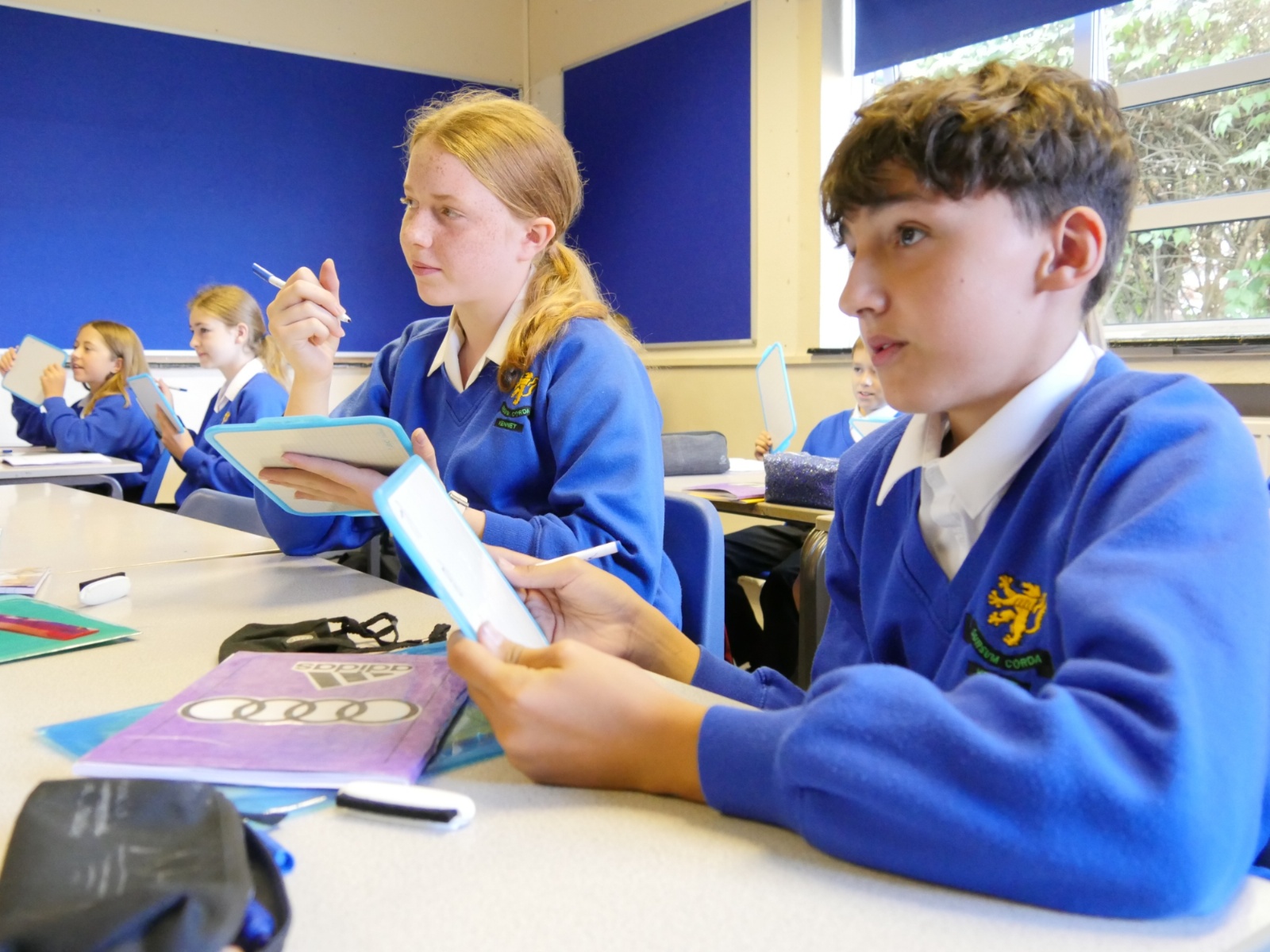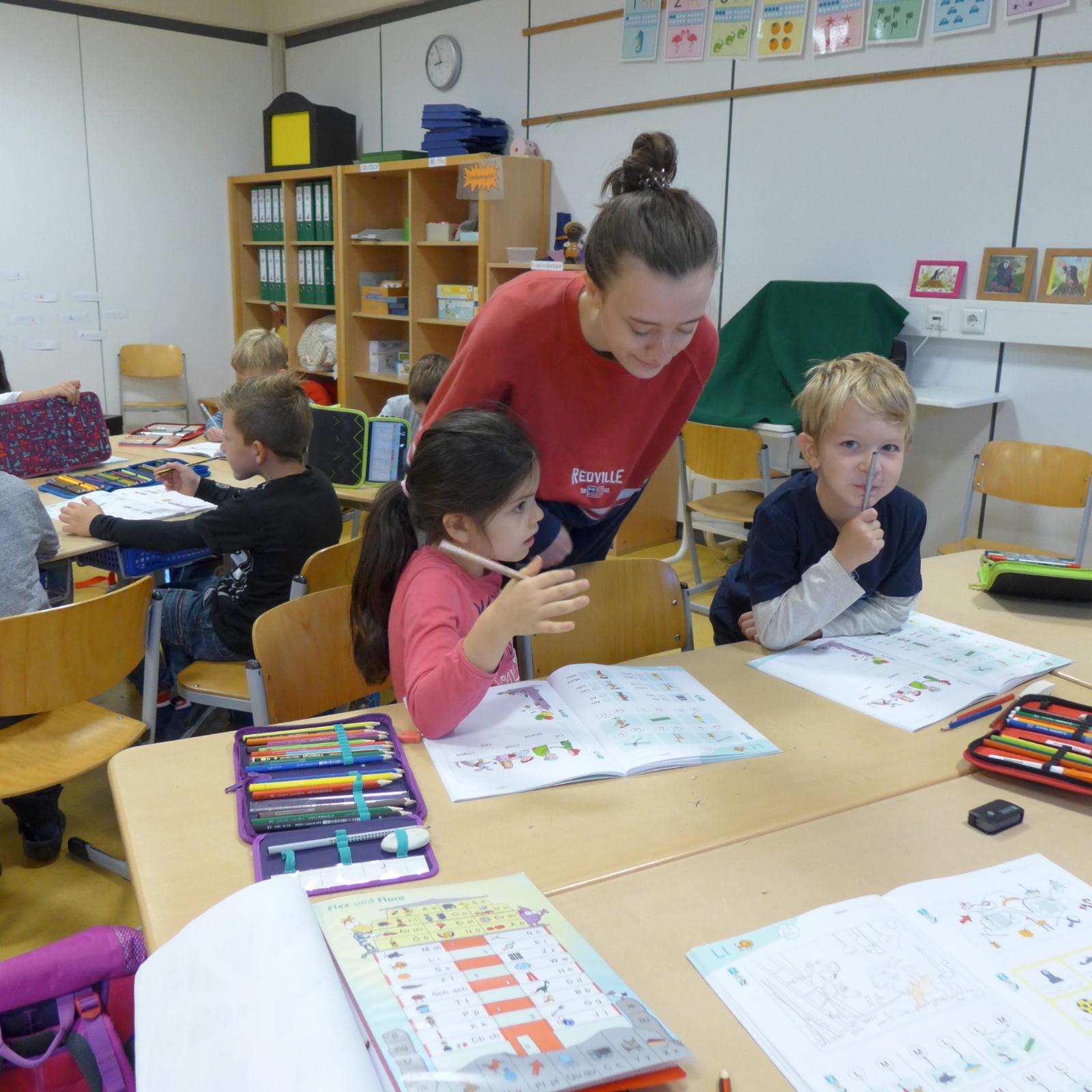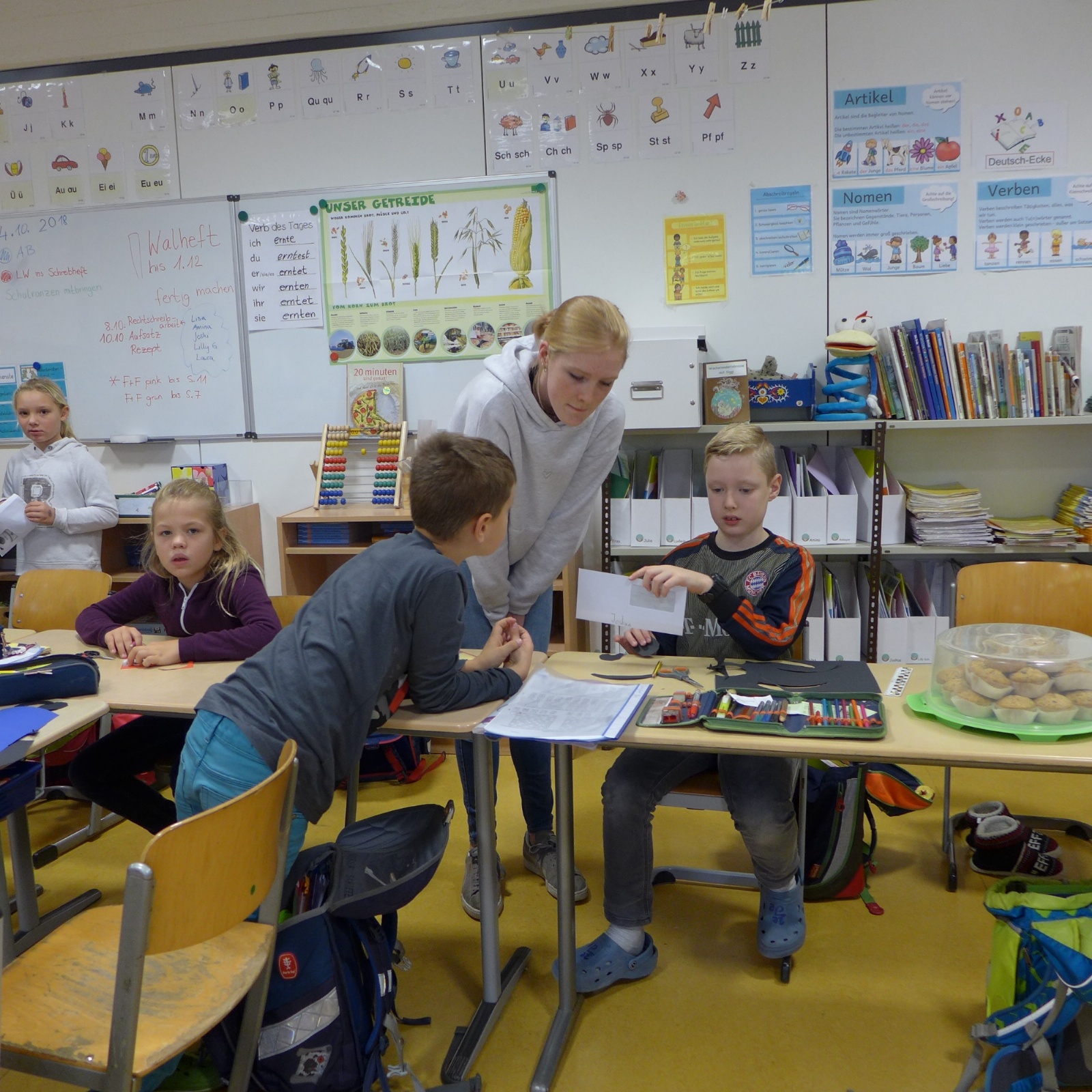German
Vision
The overarching Mission Statement for MFL is to:
Live, Love, Learn Languages
Our mission is to…
Increase young people’s cultural awareness and linguistic competence, thereby enabling them to view the world with an open and enquiring mind and to develop the transferable skills required to compete in an ever-changing, competitive world.
Curriculum Aims
- To equip learners with the skills required to live and work in a German-speaking country
- To foster a positive attitude towards lifelong language learning
- To instil a curiosity about, awareness of and tolerance for Germany’s multicultural society
- To develop transferable skills that open doors to a range of opportunities that are linked to learning a language
- To prepare students for the increasingly international world of work
Curriculum Intent
Our curriculum intent is founded on the notion of ‘languages for all’. Everybody can learn a foreign language and in an ever-changing world, having a knowledge of a language spoken by 132 million people and the most widely spoken language in the European Union, is essential.
German at The Piggott School equips all learners with the basics of the language and encourages them to explore the similarities with their own language as well as the differences between the languages. Students learn about how cultural idiosyncrasies create unique learning opportunities through the medium of food, music, sport, customs, festivals etc.
Learning German enables all students to move away from the idea of monolingualism and towards a bilingual approach to life, thereby enabling them to live and work in a German-speaking country. We offer students the chance to put their language skills into practice by participating in our successful German exchange programme in Years 10 and 11. Sixth formers are also given the opportunity to increase their proficiency and confidence in the language by undertaking a week’s work experience in a German kindergarten or primary school. We hope that the experience of living and interacting with a family in another country, and reciprocating that relationship will broaden our learners’ experiences and understanding, as well as allowing the possibility of creating life-long friendships.
As well as improving their language, learners develop their confidence in a range of other transferable skills. They will become more proficient in speaking and expressing opinions, leading to an increased ability to defend and justify those opinions. With time, their memory skills will improve, they begin to recognise patterns, enhancing their analytical and problem-solving skills to create a broader perspective when looking at the world.
How is German taught at the Piggott School?
- German is taught to half the year group in both Y7 and Y8 and then to students who choose the subject for GCSE and A level.
- Students in Y7 receive 3 hours per fortnight and this increases to 4 hours in years 8-10. Y11 Students receive 5 hours per fortnight. In the Sixth Form, students receive 9 hours per fortnight.
- Edexcel GCSE German allows students to become more familiar with the Germany’s language and culture, as well as participating in our German exchange.
- AQA A Level German is part of the Sixth form provision at the Piggott School and allows students to become fluent speakers of the language.
- We have adopted an approach that focuses on Extensive Processing Instruction (EPI), which repeatedly exposes the learner to language in a number of different contexts and scenarios, thus “input flooding” and improving confidence.
- The new German curriculum is sequenced in a way that allows students to recycle and deepen the key concepts of the grammar and language over the 5 years towards GCSE and beyond into A level.
- The curriculum provides a rich range of topics, all designed to give learners practical ways to apply their learning in German-speaking contexts.
- Grammar is built into all modules and develops students’ awareness over the years with learners in Y11 able to identify and apply a range of different verb tenses, as well as becoming familiar with more idiomatic phrases, becoming increasingly creative with the language which forms the springboard from which to launch into A level.
- In the compulsory language-learning phase in Y7 and Y8, students study the basics of German, building up their confidence with grammar and use of three different time frames (past, present and future). The different topics are designed to develop and recycle language and continually offer opportunities to identify cultural and linguistic differences, as well as similarities.
- Students have access to a wide range of professional resources. At GCSE, we use Stimmt Edexcel textbook and at A level we follow the AQA course, with text book and online resources available to staff and students. We also encourage independent language learning and improvement through a number of online platforms, including Quizlet and Memrise for vocabulary, Thisislanguage for listening, Language-Gym, Languagesonline and Duolingo for grammar and skills practice.
German Learning Journey
